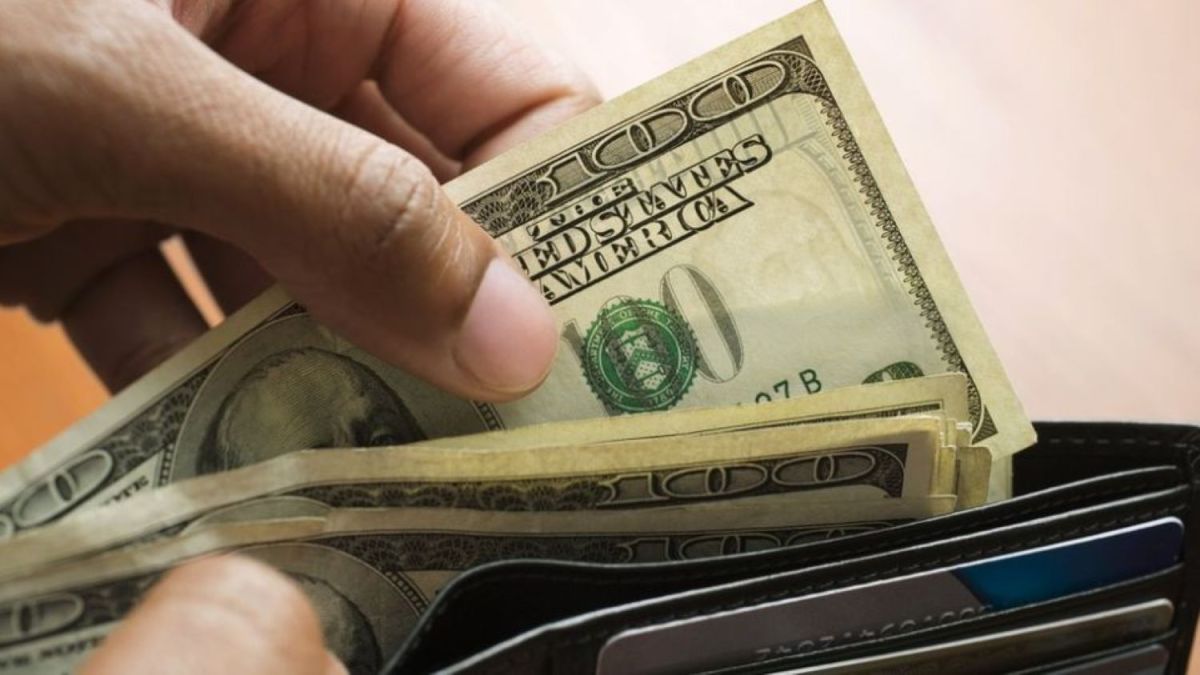The Bureau of Economic Analysis (BEA) announced this Thursday that the Gross Domestic Product (GDP) of the United States decreased at an annual rate of 1.4% in the first quarter of 2022, after an increase of 6.9% in the fourth quarter 2021
The decrease in GDP reflected decreases in private inventory investment, exports, federal government spending, and state and local government spending, while imports, which are a subtraction in the GDP calculation, increased, as did personal consumption expenditures (PCE), nonresidential fixed investment, and residential fixed investment.
The decline in private inventory investment was driven by declines in wholesale trade (mainly motor vehicles) and retail trade ( in particular, “other” motor vehicle retailers and dealers).
Within exports Overall declines in non-durable goods were partly offset by an increase in “other” business services (primarily financial services).
The decline in federal government spending primarily reflected a decline in defense spending on intermediate goods and services. While the increase in imports was led by increases in durable goods (in particular, non-food and automotive consumer goods).
The BEA indicates that in the first quarter, an increase in cases of Covid-19 related to the Omicron variant resulted in continued restrictions and interruptions in the operations of establishments in some parts of the country.
It also notes that the full economic effects of the Covid-pandemic 19 cannot be quantified in the GDP estimate for the first quarter because the shocks are generally embedded in the source data and cannot be identified separately.
The drop in the economy in a quarter does not mark a trend, but it is a warning of how the recovery is going. Two consecutive quarters of negative growth imply an economic recession.
What can I do if the US falls into recession?
In a recession we have to take care of our personal finances, since worker layoffs are commonplace.
Personal finance experts generally recommend:
– Create an emergency fund
– Do not sell your shares and invest for the long term
– Pay your credits on time
– Take care of your job
– Prioritize your purchases
You may also be interested in:
– Low demand for truck drivers in the US: it would be a sign of recession
– After record optimism, US CEOs lose hope in the face of war in Ukraine, inflation and Covid
– IMF cuts forecast for growth of the world economy of 4 .9% to 4.4%
